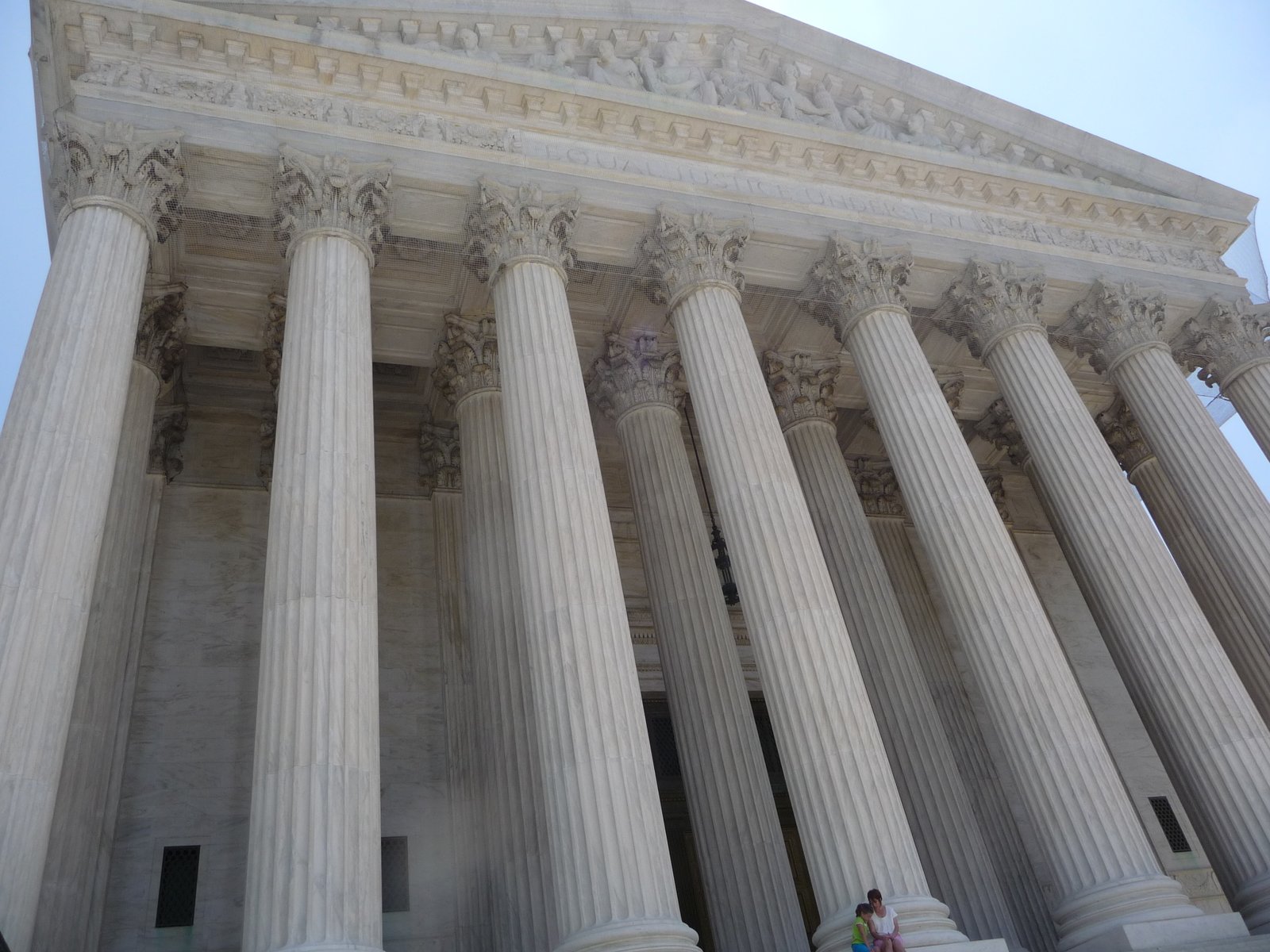[dc]Y[/dc]esterday the Supreme Court heard oral arguments (link to transcript) in the Louisiana abortion case, Russo v. June Medical Services. This case is a challenge to a new Louisiana state law that requires doctors who perform abortions to have admitting privileges at a local hospital within 30 miles. Because the admitting privileges requirements can be onerous, such as admitting at least 50 patients to the hospital yearly, there are very few abortion clinics in Louisiana that would be able to operate within the statute. While the case does not directly impact the legality of Roe v. Wade, which requires states to allow abortion within the first two trimesters, the added requirements could have the practical result of eliminating abortions within the state.
Standing
Justice Alito argued with counsel for June Medical Services that the doctors did not have standing to bring the case as the parties at interest were the women who would presumably be protected by assurances that their doctors could directly refer them to hospitals. Justice Alito argued that the interest of the doctors in having fewer safety requirements was in contrast to the right of women to be safe. Justice Sotomayor and Justice Ginsburg challenged this assertion, arguing that historically doctors have been recognized as having standing regardless of a possible conflict of interest.
On the issue of abortion, standing has often been a point of argument. The reason is that by the time a particular woman brought an abortion case up that made it to the Supreme court, the issue would be moot, and the woman would lack standing because the pregnancy would be complete. There was an argument that the woman would have standing on behalf of other similarly situated women on the basis that even though it “evaded review” in her particular case, it was “capable of repetition” in other cases. However, bringing the suit on behalf of doctors would avoid this as it would deal with a larger pattern of cases. By arguing that the doctors did not have standing, if the issue were not adequately addressed earlier on, it could turn into a case where there was no longer a party in interest.
Pretext
In 2016, the Supreme Court considered similar Texas medical access legislation in the case of Whole Women’s Health v. Hellerstedt. It ruled 5-4 that the law placed an undue burden on women seeking an abortion. The Texas law had required abortion clinics in the state to meet the same safety, staffing, and parking standards as ambulatory surgery centers. When it came to requirements, it was found that Texas had actually waived a number of the requirements for surgery centers but had not waived them for abortion clinics. The Court ruled that the primary effect of the law was to prevent women from having abortions as opposed to advancing a safety interest and overturned the legislation.
The June Medical Services case involves whether doctors at abortion clinics should have admitting privileges at local hospitals. The Court will likely analyze this issue in the context of whether there is a legitimate safety requirement versus whether the law was simply an attempt to make abortion nearly impossible to obtain in the state.
Anticipated Outcome
With the recent changes on the bench, the Supreme Court in 2020 presents a very different environment than in 2016. It seems unlikely that the Court will deny the doctors standing to assert this claim based on the precedent in almost every prior abortion case. But regardless of one’s view on the issue of abortion, the issue may be whether states can come up with legislation in order to make it difficult to exercise a legally cognizable right. Can a law that appears to be “facially neutral” toward legitimately stand if it was enacted for the direct purpose of adversely affecting the ability to obtain an abortion? Or is there a legitimate safety interest in ensuring that doctors providing abortions are able to quickly get patients higher levels of medical care in hospitals?
This case does not address fetal personhood or similar civil rights issues which would squarely take aim at Roe v. Wade.
A decision in this case is expected this summer.
Case page: Russo v. June Medical Services – https://www.supremecourt.gov/search.aspx?filename=/docket/docketfiles/html/public/18-1460.html

